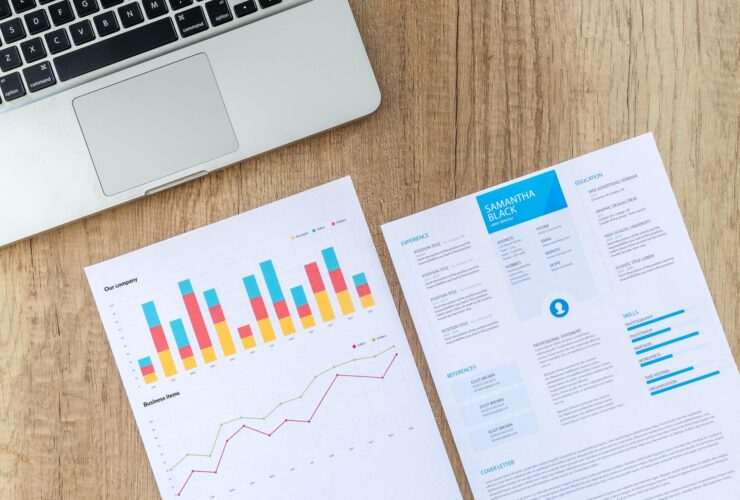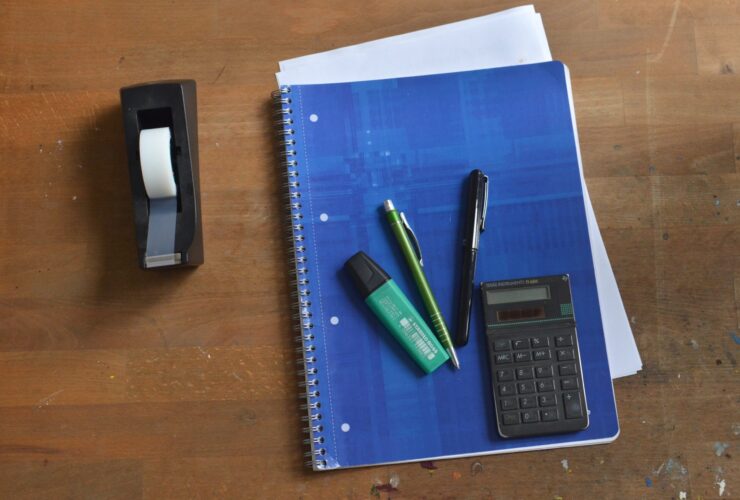Annual Financial Health Check – 10 things to achieve financial fitness
Marina Wealth
As we are about to get in to the final month of our financial year, I thought it would be useful to list down what you need to do on an annual basis to keep yourself fiscally fit. This exercise is similar to the annual master health check up, which we are all very familiar with. What Master Health Check up helps to avoid are nasty surprises with regard to our health in the future. It is preventive maintenance and it’s much better than reactive treatment after occurrence of the illness.
Similar to Master Health Check, it is important once in a while to check and see if your personal finance is also in order. This financial health check would help you to ensure that you are on the right track towards achieving your financial goals.
Let us start by enumerating what you should do as part of the Annual Financial Health Check:
1. Check adequacy of Liquid Funds:
Check and ensure that you have adequate liquid funds in your savings bank account or liquid mutual funds to take care of your next 3 months Housing Loan EMI, living expenses and other emergency fund requirements. If you can afford, slowly start increasing the emergency corpus to 6 months of Housing Loan EMI and living expenses. This gives peace of mind to meet any unforeseen situations like loss of job, temporary disability etc.,
2. Check adequacy of Insurance needs:
It is very important to do an annual review of life insurance requirements to make sure that the bread winner is adequately insured so that the family can be financially independent in the absence of breadwinner. If big ticket loans were taken during the year, like housing loans, it is important to increase the life insurance to that extent immediately.
Similarly, review your medical/health insurance cover on a yearly basis to ensure that you and your family are adequately covered at all times for any hospitalisation expenses. It can be either through your employer or through a stand-alone health insurance policy. With the rising cost of health expenses and frequent job changes, it is possible that the health insurance coverage would have undergone a change compared to the previous year.
Use the annual financial health check up to increase your health insurance coverage. For people who are in employment, it is highly recommended that you obtain a health insurance policy outside of your employment, create a credible medical history as soon as possible.
3. Completeness of your Investment records:
Check and ensure that all your investments are properly documented and you have collected the latest holding statement for each of your financial assets. It can be your mutual fund investments, ULIPs, PPF deposits, Employer Provident Fund account, NPS account, Fixed Deposit receipts, tax free bonds certificates etc.,
Make sure you create an inventory of all your investments with details of Folio Number, Nominee details, mode of investment, contact person in your absence and discuss it with your spouse, parent or any close family member/friend. It can be a time consuming exercise, but it is highly recommended on annual basis.
4. Secure your Real Estate Investments:
Many of you would have real estate investments across different parts of the city or even in different cities. Take some time to visit your real estate investments, particularly plots in far flung corners of the city and ensure that there is no encroachment. This would also give you an idea of how the area has been developing since you visited last time.
In addition to the site visit, it is also important to check and ensure that all the sale deeds are available in one place. Obtain copies of the sale deeds in soft copy form and store it in cloud storage or in an external hard drive. You may even obtain Encumberance Certificate (EC) for your properties online once in 3 years to ensure that there is no change in the ownership records with the Government agencies.
It has been repeatedly clarified by various legal experts that Patta is the most important of documents with regard to real estate investments. So make sure that you have the Patta transferred in your name for all your real estate assets or start taking steps to obtain it.
You should also ensure that you have paid the municipal/corporation tax dues on a regular basis.
5. Create a calendar of financial assets maturity and due dates:
Various investments like Fixed Deposits, Mutual Fund SIPs, National Savings Certificates (NSCs) which mature during the following year, insurance premium due dates should be properly entered in a calendar for timely renewal/reinvestment of the same. Create a calendar reminder entry in your email program or mobile phone to keep track of maturity dates.
6. Check your annual income tax returns:
In the beginning of the financial year in April, employer would ask you to provide the investment declaration. You complete the investment declaration and submit it on time to avoid higher tax deduction by your employer. At the end of the financial year in March, you should download Form 26AS (which is commonly available through your net banking facility or from the Income Tax Department site) to make sure that all your Taxes Deducted at Source (TDS) are completely accounted. Follow up with your employer or whoever has deducted tax on your income to provide you with Form 16/16A respectively to enable you to file your Income Tax returns.
Make sure that you have submitted your annual tax returns for the previous year before the due date to claim refunds due, if any, as well to carry over your losses.
7. Evaluate and re-jig your Asset Allocation:
Annual Financial Health Check is the appropriate time to check how your investments have performed and whether your portfolio needs any re-balancing. Various investments assets would have given returns during the year and a result of that, your recommended/desired asset mix would have got changed.
You should re-balance your portfolio to go back to your intended asset allocation on a periodic basis to ensure that you are in the right track to achieve your goals.
8. Update your Will:
You should use the annual financial health check up to create a Will if you have not done it so far. If you have already created a will, you should check and ensure that all your assets are included in the will with clear identification of the intended beneficiaries. You should take this opportunity to change the beneficiary or the executor to ensure seamless transfer of assets.
9. Evaluate your credit card spends:
These days most of the credit card issuers provide your graphical details of your spends during the year across various categories like food, clothing, dining, travel etc., Take a look at your spending habits over the past year and identify areas which can be reduced or avoided. Remember a penny saved is penny earned. Set clear benchmarks for each of the category for the next year.
10. Get rid of the unwanted:
The most important but the difficult of the lot is to let go off things which you don’t require. For example, you may be carrying 5 credit cards or operating 4 bank accounts or having more than 2 demat accounts etc., All these cost you money to maintain them. A credit card would have annual charges, a demat account would have AMC charges and bank accounts with the associated minimum balance requirements and debit cards would involve charges as well. So, critically evaluate your requirements and close your unwanted savings bank or demat accounts.
Surrender credit cards which you have not used in the last 6 months. This not only saves your hard money but allows you to improve your credit score in the long run.
Summary of Actions as part of the Annual Health Check up
| S No | Description of Action |
| 1 | Check adequacy of your emergency/liquid funds corpus |
| 2 | Check adequacy of your insurance needs like life, health, disability etc., |
| 3 | Completeness of your investment records |
| 4 | Secure your real estate investments |
| 5 | Create a calendar of maturity and due dates for financial assets |
| 6 | Check you annual Income Tax Returns |
| 7 | Evaluate and re-jig your asset allocation |
| 8 | Update your Will |
| 9 | Evaluate your credit card spends |
| 10 | Get rid of the unwanted |
By doing all these things, you would be fiscally fit and agile to move ahead in your financial life.



